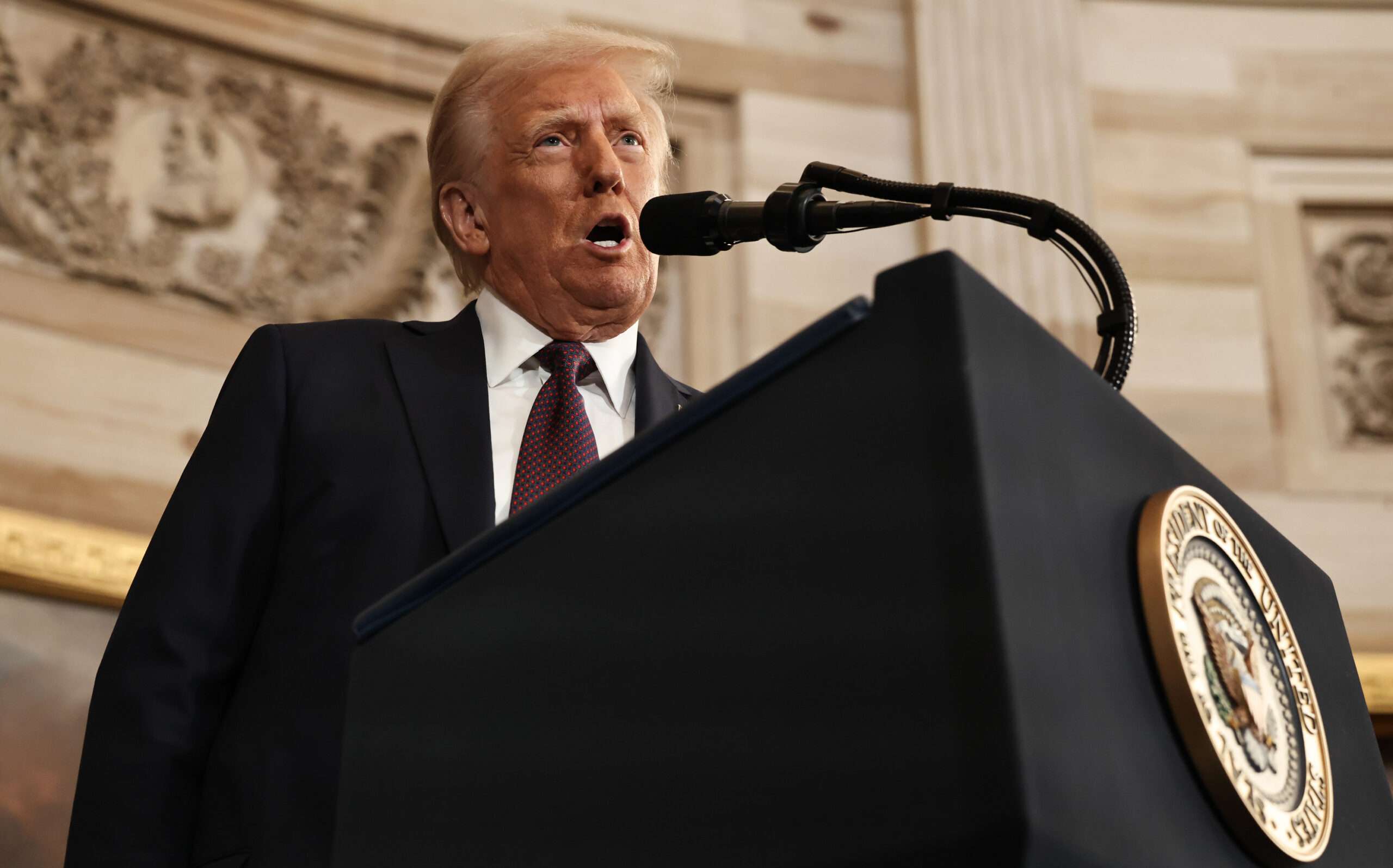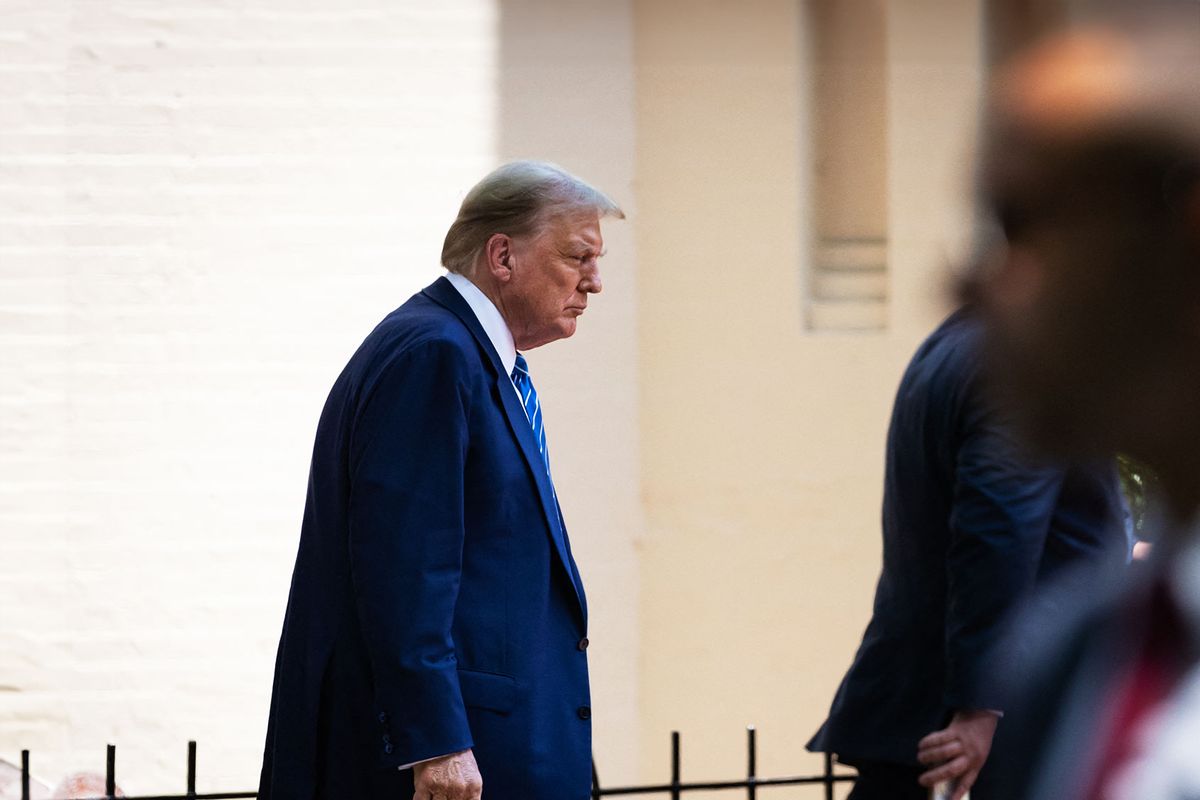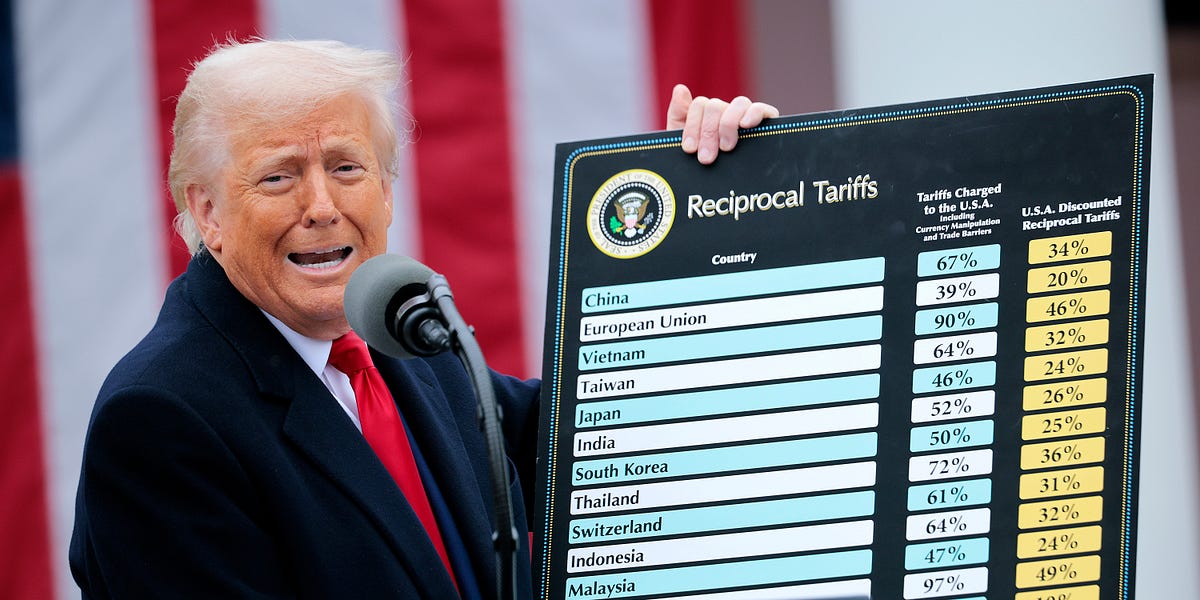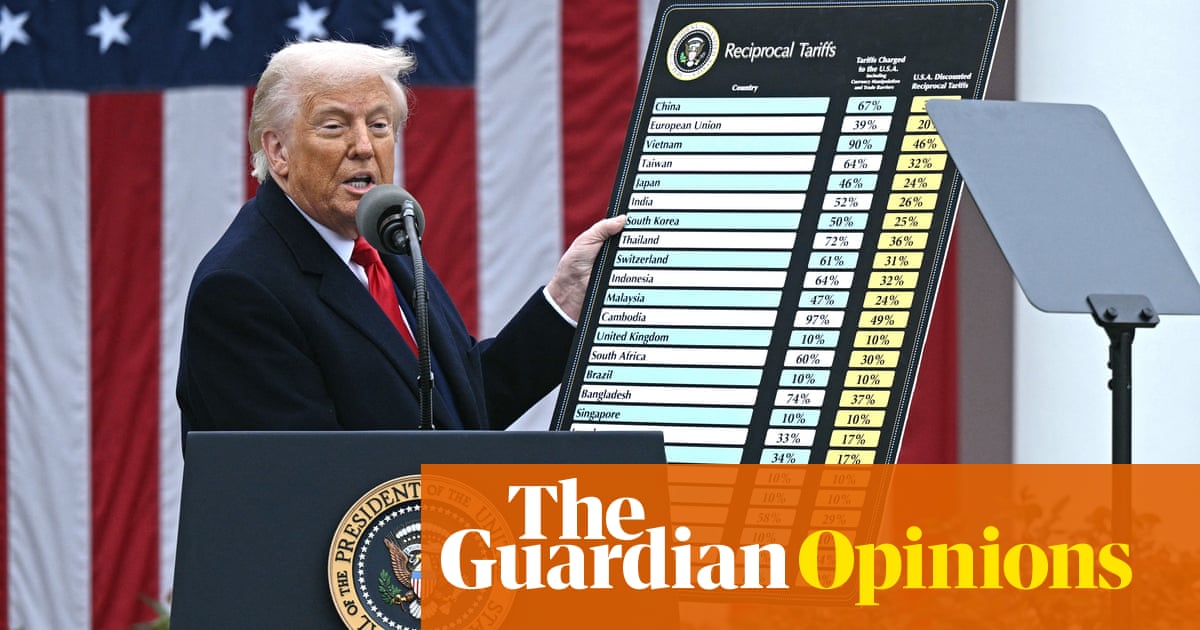Trump Announces Sweeping Tariffs on 'Liberation Day' Amid Market Concerns
President Trump's 'Liberation Day' tariffs aim to reshape U.S. trade but face criticism from both parties over potential economic impacts.
Overview
On April 2, 2025, President Trump declared 'Liberation Day' and announced significant tariffs on imports: a baseline 10% on all countries, with higher rates on Vietnam (46%), the EU (20%), Japan (24%), and China (54%). Critics, including Democrats and some Republicans, warn of increased costs on consumers and risks to the economy, while supporters claim the tariffs will restore American manufacturing. The tariffs begin April 5, with higher rates effective April 9. Despite initial support from GOP leaders, concerns about market volatility and recession persist. Trump's approach marks a stark shift in U.S. trade policy.
Report issue

Read both sides in 5 minutes each day
Analysis
- Trump's announcement of sweeping tariffs, branded as 'Liberation Day', is seen by some as a misguided declaration that may lead to increased consumer costs and potential market instability rather than genuine economic independence.
- While some economists suggest these tariffs may be temporary stunt tariffs, many fear they could drastically hurt American consumers by raising prices on imported goods, creating economic chaos, and compromising supply chains.
- The new tariff strategy may exacerbate tensions with traditional allies and diminish the benefits of the current international economic framework, which has historically contributed to global prosperity and peace.
Articles (10)
Center (3)
FAQ
No FAQs available for this story.
History
- 7M

 3 articles
3 articles








